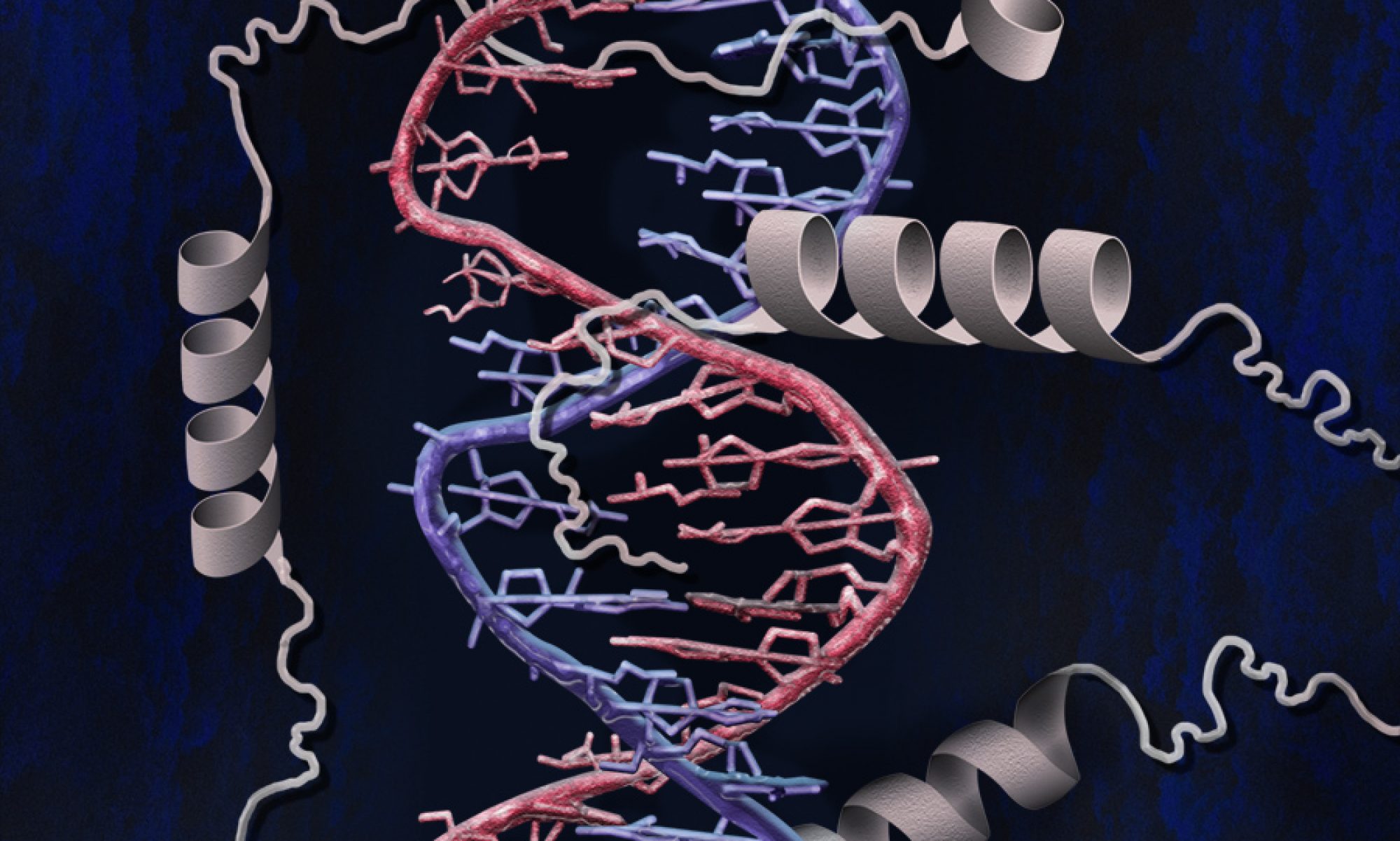We have opened a new division here at Immunotrex called Sanguine Technologies; we are developing synthetic red blood cells and synthetic plasma substitutes. Our PEG-based nanoparticles can encapsulate human hemoglobin and have the capacity to circulate in the body for 120 days; exactly the same life span of normal red blood cell. Artificial blood is an artificially developed substitute for red blood cells. For decades, scientists have been trying to develop artificial blood from various sources and through different methods to address the shortage of blood for transfusions. Inadequate number of blood donors and the criticality of blood-type rejection have encouraged researchers to develop artificial blood, thus reducing the dependency on blood donors.
Transfusion of red blood cells (RBCs) is a standard and indispensable therapy for anemic conditions. Blood transfusion process has progressed through various developments, including development of acid-citrate-dextrose blood preservation solution, and cloning of ABO gene. However, blood transfusion comes with a high risk of infections. Recombinant erythropoietin stimulating agent therapy has been the prominent therapy in cases such as chronic kidney disease, and chronic anemic conditions. Yet in thrombotic and neoplastic complications, blood transfusion is the only option. Hence, RBC production from hematopoietic stem cells has been the focus of regenerative therapy, with major players investing billions of dollars in R&D related to this technique. However, the final product is yet to receive U.S. Food & Drug Administration (FDA) approval.[1-2]
For more information, please see:

